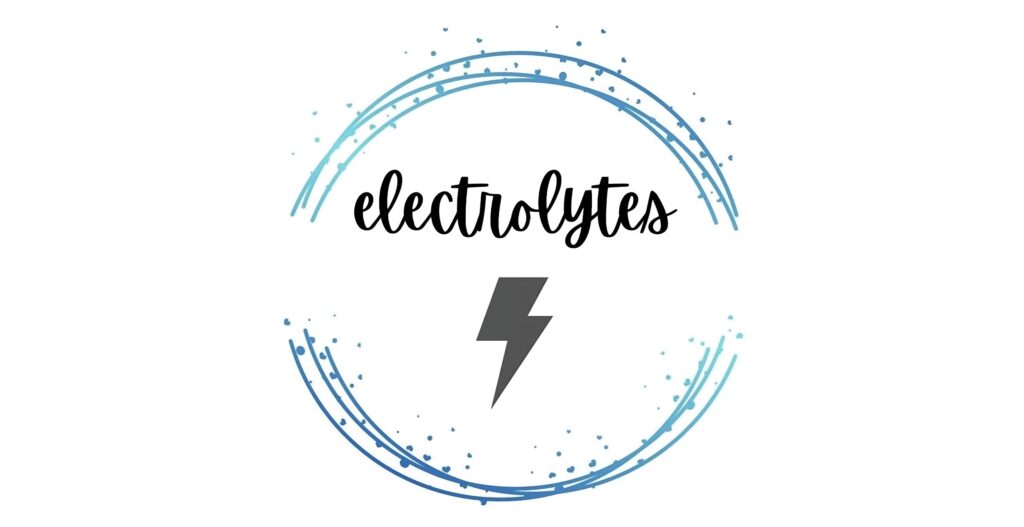
The Importance of Electrolytes
The role of electrolytes in maintaining proper hydration and supporting various bodily functions. Now, let’s dive deeper into the five key electrolytes : Sodium, Potassium, Magnesium, Calcium, and Chloride.
Sodium
Sodium is a mineral that helps with hydration due to its water-attracting properties.
Too much sodium can lead to fluid retention, while insufficient sodium can hinder cell hydration.
It is involved in oxygen transport and plays a crucial role in endurance and overall energy levels.
Sodium works in conjunction with other minerals like Potassium, forming the Sodium-Potassium pump, which generates electrical potential in cells. It functions like a battery. Sodium and Potassium are necessary to make sure that there’s enough electrical charge inside that cell because cells in our bodies are like mini batteries. They have voltage. And the reason why our bodies are designed like that is to power the Nerve-Muscle interaction, allowing muscles to contract and nerves to transmit signals. If someone doesn’t have enough Sodium or Potassium, that pump can’t work, impeding the activation of nerve impulses or muscle contractions. Deficiencies in Potassium and Sodium can lead to various problems, resulting in feelings of fatigue and weakness.
Potassium
Potassium, like sodium, is essential for the sodium-potassium pump and maintaining electrical charge in cells.
efficiency in potassium can result in fatigue, weakness, and impaired nerve and muscle function.
Magnesium
Magnesium regulates the absorption of sodium and potassium.
It is commonly deficient in most populations. Magnesium is at the core of chlorophyll, which is in all the leafy greens. An average person consumes probably a cup and a half of vegetables per day, and they’re usually deficient in Magnesium. Despite its importance for muscle relaxation and preventing cramping.
Alongside Calcium, Magnesium ensures proper muscle contraction and relaxation.
Magnesium is necessary in workouts, especially during long or intense workout sessions. Consequently, if it’s found that anyone can’t work out for extended periods or intensely enough, Magnesium or Calcium might be needed.
Calcium
Calcium is crucial for muscle contraction and neuromuscular excitability.
Deficiency in calcium can lead to muscle cramps, skeletal muscle weakness, and even heart palpitations.
Chloride
Chloride works in conjunction with sodium and is vital for hydration.
It supports fluid balance and overall cellular function.
These five electrolytes play critical roles in maintaining hydration, supporting muscle function, and ensuring proper nerve impulses. Deficiencies in any of these electrolytes can lead to various health issues, including fatigue, muscle cramps, and weakness.
